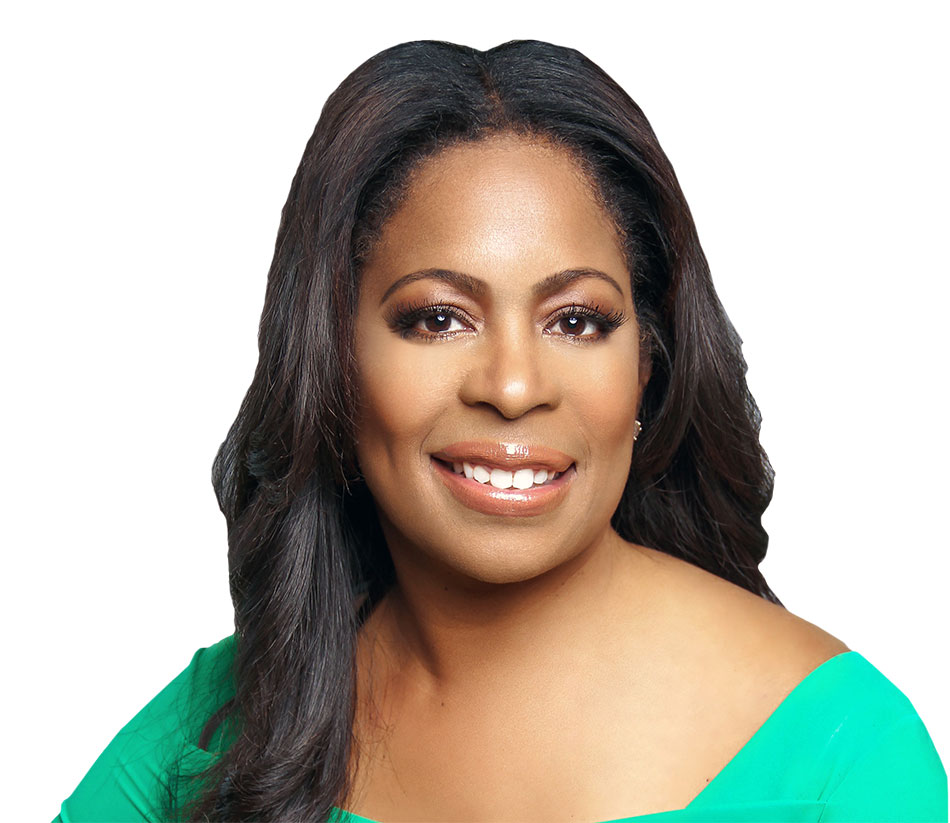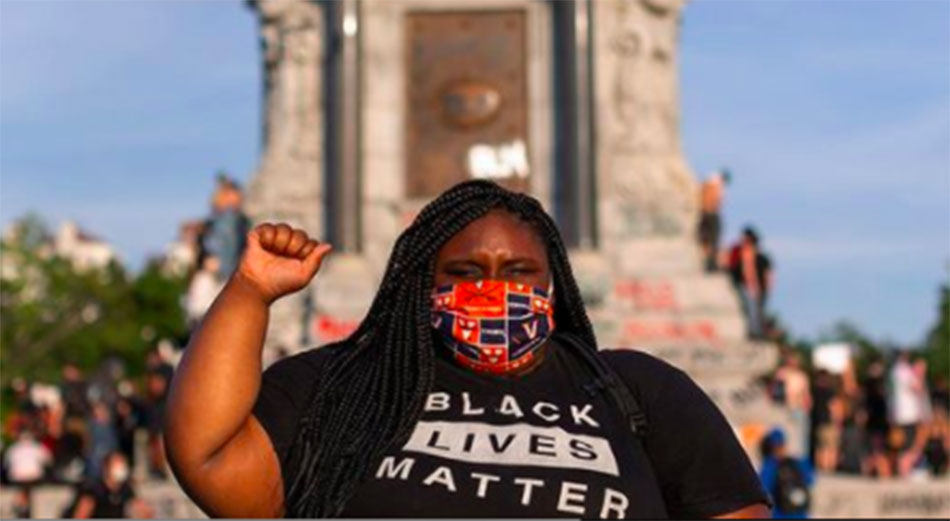TV One Pushes the Power of Representation
Network chief Michelle Rice says diversity efforts work because they’re consumer-driven

The smarter way to stay on top of the multichannel video marketplace. Sign up below.
You are now subscribed
Your newsletter sign-up was successful
As TV One parent Urban One celebrates its 40th anniversary in media,
the network continues to serve the African-American community through original innovative programming and social-justice initiatives.
While TV One celebrates black culture throughout the year, its “Represent the Movement” initiative for Black History Month features interstitial programming revolving around four female activists — Zyahna Bryant, Brea Baker, Nupol Kiazolu and Kenidra Woods — who discuss important causes such as women’s rights, criminal justice reform, freedom of speech, LGBTQ rights, racism, immigration and gun control.
On the scripted front, TV One on Feb. 28 will debut the original movie Don’t Waste Your Pretty, based on the novel of the same name penned by author and media personality Demetria L. Lucas and starring Keri Hilson (Think Like a Man, Almost Christmas).
TV One and Cleo TV president Michelle Rice recently spoke to Multichannel
News about the increased interest and appeal of African-American themed content across multiple platforms and the network’s role in continuing to foster inclusiveness and diversity both in front of and behind the camera.
MCN: What do you see as the reasons behind the explosion of African-American images and storylines on the small screen in recent years?
Michelle Rice: I can only give you my perspective, and certainly after the death of George Floyd and the Black Lives Matter movement, I think that consumers are demanding it. Consumers are very discerning when they look at brands and they want their brands to represent the communities in which they serve, and I think that companies are starting to understand that.
After the George Floyd incident, which really roused the consciousness of the country, you saw a lot of companies — big retailers, like Target, for example — saying that they were going to put money into [the African-American] community and give us more shelf space in their stores. I look at cable companies the same way. They are giving us more shelf space in their stores, because the communities that support these businesses are demanding it.
The smarter way to stay on top of the multichannel video marketplace. Sign up below.
Black people and people of color have always been some of the best consumers of digital products and services, so we now understand that power. If you’re not going to give us equal shelf space, then we have other options and opportunities, so now we’re seeing them really investing on screen, and I’m glad to see that. I think it’s about time, but I hope it’s not just fashionable to do this because of the time that we live in. It’s just good business.
MCN: Has TV One benefited from the industry’s increased focus on diversity and inclusion?
MR: I think that we are definitely asking people to put their money where their mouths are, and one of the ways we’re seeing companies do that is investing more ad dollars into black companies. We’ve definitely been having those conversations with a lot of our partners and those conversations have been fruitful. You see more advertisers targeting this community, and we’re definitely calling those companies out that we think can do better. We have some partners that have always supported us, and our audience has always supported us — we’ve had a great swell in viewership during the pandemic. People are looking for their voice and looking to see themselves reflected positively.

MCN: So how do we keep this momentum going?
MR: The reason you see quality content targeted to Black audiences on networks like TV One and BET is because it’s created by Black people telling Black stories. One of the ways to keep the momentum going is to ensure that you have a diverse team of people who are going to advocate and rally around the importance of that — hiring programming executives and making sure you have diverse executives on [company executive boards] in programming and marketing and PR, so that it is ingrained in the DNA of the company and not just a check-the-box thing. Every company should have employees that reflect the communities that they serve, and the only way that’s going to change is if we have a more diverse workforce.
TV One has always been a place for providing opportunities to new creative voices from our early days. One of the things that we're really proud of is providing opportunities to a number of young and new black creatives not only in front of the camera, in terms of actresses and actors, but also behind the cameras — particularly to black women directors. [First-time producers] like Tasha Smith, Terri Vaughn, Tamara Bass and most recently Essence Atkins have created [content] for us, so we’re really excited about the opportunities that we’ve given to Black creatives.
R. Thomas Umstead serves as senior content producer, programming for Multichannel News, Broadcasting + Cable and Next TV. During his more than 30-year career as a print and online journalist, Umstead has written articles on a variety of subjects ranging from TV technology, marketing and sports production to content distribution and development. He has provided expert commentary on television issues and trends for such TV, print, radio and streaming outlets as Fox News, CNBC, the Today show, USA Today, The New York Times and National Public Radio. Umstead has also filmed, produced and edited more than 100 original video interviews, profiles and news reports featuring key cable television executives as well as entertainers and celebrity personalities.

